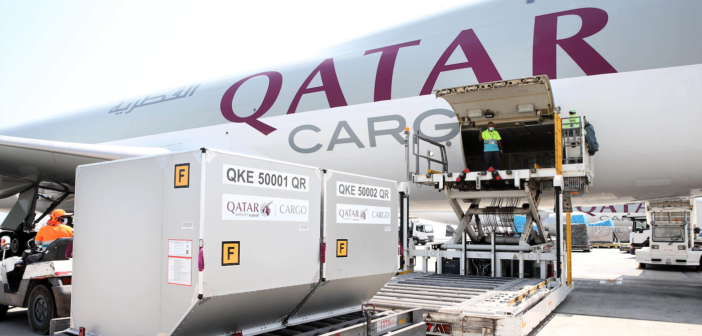IATA urges measures for safer transport of lithium batteries

The International Air Transport Association (IATA) is calling on governments around the world to further support the safe air carriage of lithium batteries by developing and implementing global standards for screening, fire-testing, and incident information sharing.
IATA asserts that, as is the case with many products shipped by air, effective standards, globally implemented, are needed to ensure safety. The challenge is the rapid increase in global demand of lithium batteries (the market is growing 30% annually), which is attracting many new shippers into air cargo supply chains. A critical risk that is evolving, for example, concerns incidents of undeclared or mis-declared shipments.
IATA’s concern about lithium batteries is not new, as the body has long called for governments to increase their enforcement of safety regulations for their transport. IATA suggests that this enforcement should include measures such as stiffer penalties for rogue shippers and the criminalisation of egregious or willful offences.
IATA also urges governments to shore up those activities with additional measures. For example, it says that the development of specific standards and processes by governments to support the safe transport of lithium batteries, like those that exist for air cargo security, will help provide an efficient process for compliant shippers of lithium batteries. IATA says it is critical that these standards and processes be outcome based and globally harmonised.
IATA also recommends that governments develop a testing standard for fires involving lithium batteries, to evaluate supplementary protection measures over and above the existing fire-suppression systems for aircraft cargo compartments.
Safety data is critical to understanding and managing lithium battery risks effectively so that the industry can understand the effectiveness of any measures. IATA says that better information sharing and coordination on lithium battery incidents among governments and with the industry is essential to helping manage lithium battery risks effectively.
These measures would support existing significant initiatives by airlines, shippers and manufacturers to ensure that lithium batteries can be carried safely. Such actions have included: updates to the Dangerous Goods Regulations and the development of supplementary guidance material; the launch of a Dangerous Goods Occurrence Reporting Alert System that provides a mechanism for airlines to share information on events involving undeclared or misdeclared dangerous goods; the development of a Safety Risk Management Framework specifically for the carriage of lithium batteries; and the launch of CEIV Lithium Batteries to improve the safe handling and transport of lithium batteries across the supply chain.
“Airlines, shippers, manufacturers and governments all want to ensure the safe transport of lithium batteries by air. It’s a joint responsibility,” said Willie Walsh, IATA’s director general. “The industry is raising the bar to consistently apply existing standards and share critical information on rogue shippers. But there are some areas where the leadership of governments is critical. Stronger enforcement of existing regulations and the criminalisation of abuses will send a strong signal to rogue shippers. And the accelerated development of standards for screening, information exchange, and fire containment will give the industry even more effective tools to work with.
Another recent development has been Safran Cabin’s Fire Resistant Cargo Container, which offers fire containment for Class D fires in baggage and cargo containers in the hold for up to six hours – ample time to detect an issue, land the aircraft and have the fire attended to. The container has won an order with Qatar Airways Cargo, which will replace its entire fleet of more than 10,000 Unit Load Devices (ULDs) with Safran’s unique container design over the next five years, in response to concerns about the safety of lithium battery shipments. The airline is aiming to exchange 70% of the units during 2022.
